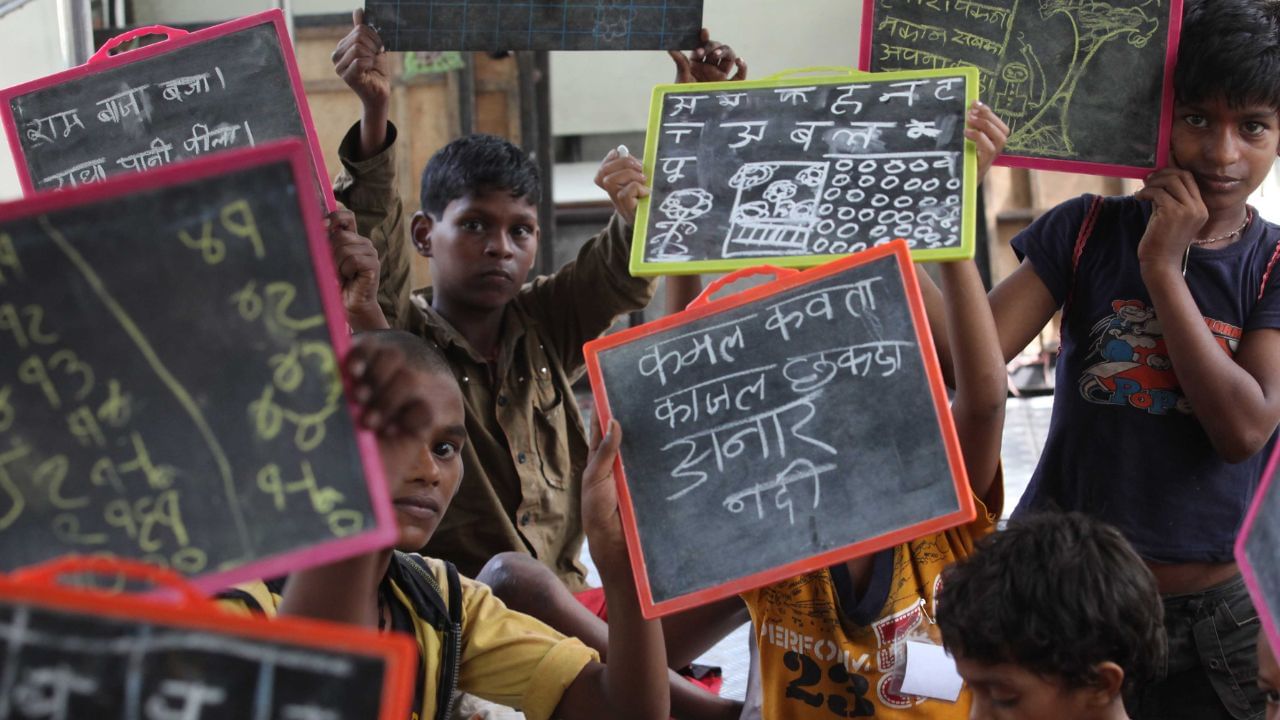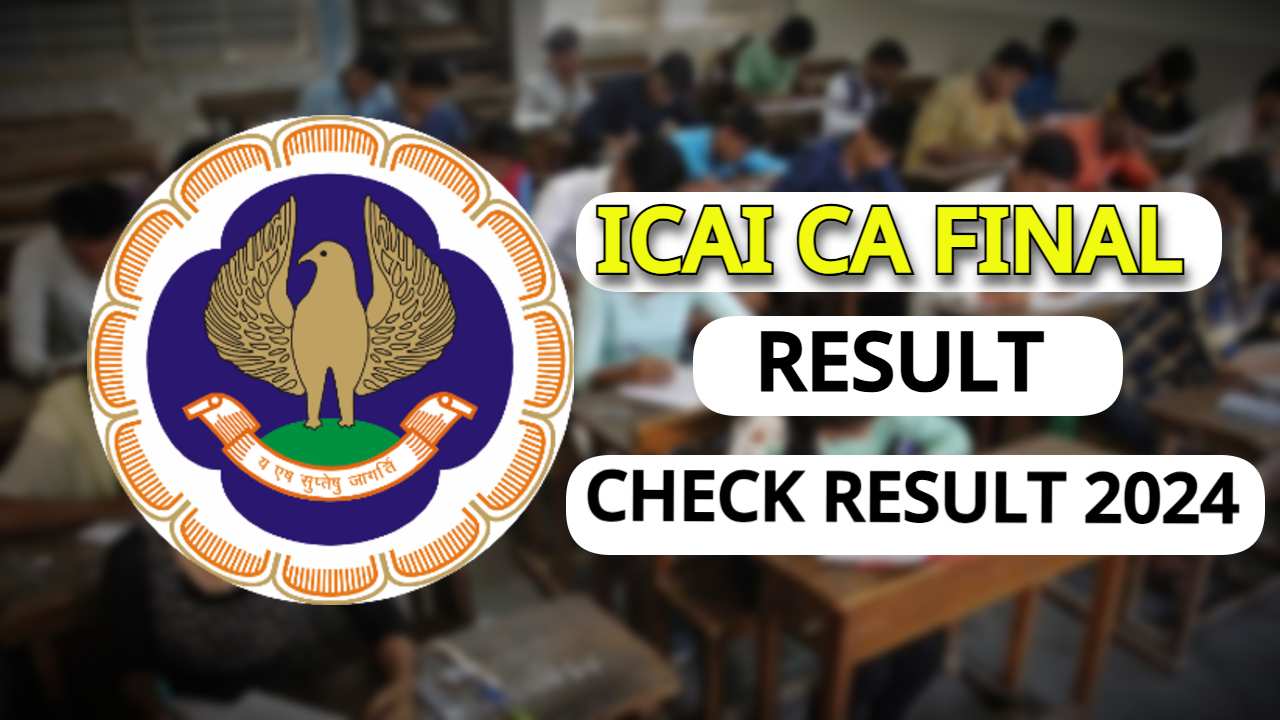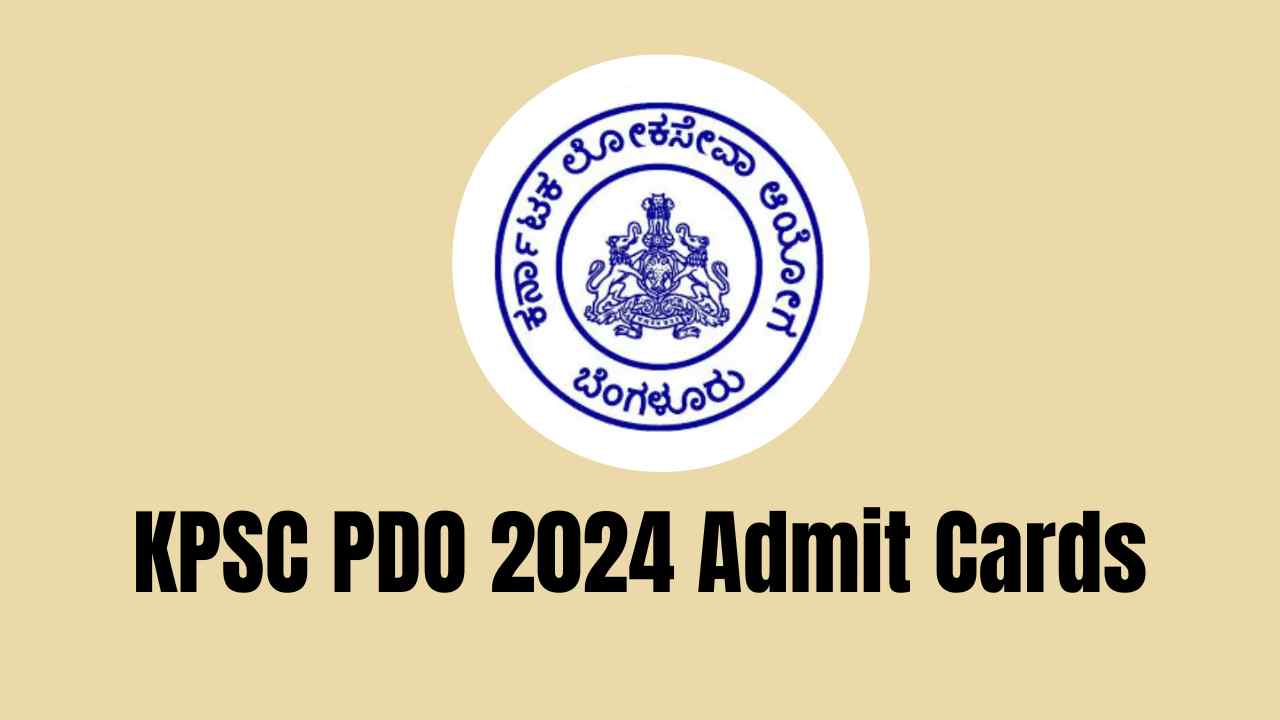Education is of utmost importance for individuals and societies to thrive. Each year, International Literacy Day is commemorated on September 8, aiming to promote education worldwide. This significant observance is spearheaded by UNESCO, which recognizes literacy not just as a basic human right but as a cornerstone of human dignity and empowerment. Literacy serves as the foundation for building sustainable societies, significantly contributing to personal empowerment and the overall social development of communities.
The Theme of International Literacy Day 2024
The theme for International Literacy Day in 2024 is ‘Promoting Multilingual Education: Literacy for Mutual Understanding and Peace’. In our interconnected world, acquiring knowledge of multiple languages is increasingly essential. This multilingual skill not only enhances communication but also fosters understanding among diverse cultures and communities, promoting peace and collaboration.
A Brief History of International Literacy Day
The roots of International Literacy Day trace back to 1965 during the World Conference of Education Ministers held in Tehran, Iran. Following this pivotal conference, UNESCO officially designated September 8 as International Literacy Day in 1966. At that time, the world grappled with critical issues such as poverty, unemployment, illiteracy, and inadequate healthcare. Recognizing that literacy is vital for addressing these challenges, UNESCO aimed to raise awareness and mobilize action towards enhancing literacy rates globally.
Celebrating Literacy Day
International Literacy Day is celebrated on multiple levels—local, regional, national, and global—engaging participants both in person and online. This year, UNESCO will hold a significant global celebration in Yaoundé, Cameroon, on September 9 and 10. The event will feature a global conference and the ceremony for the UNESCO International Literacy Awards, where leaders will engage in discussions surrounding current literacy challenges and advancements. Many individuals and organizations also mark this day by donating books and educational materials to underprivileged students, ensuring they have the resources necessary to enhance their reading and writing skills.
UNESCO’s Insights on Literacy
UNESCO emphasizes that ‘literacy is the best cure and key to ensuring that every individual receives the right to education.’ Each year, the organization highlights different facets of literacy relevant to our evolving world through various themes. This year, UNESCO is placing a spotlight on overcoming literacy challenges encountered in multilingual environmments, aiming to build a foundation for lasting peace and mutual understanding among people of all backgrounds.
Why Literacy Matters
Literacy is not merely the ability to read and write; it is a vital skill that enhances critical thinking and informed decision-making. Literate individuals are better equipped to participate in their communities, advocate for themselves, and access opportunities for personal and professional growth. In our rapidly advancing society, possessing literacy skills is essential for navigating daily life, from understanding health information to engaging in civic responsibilities.
Looking Ahead
As we observe International Literacy Day, it is important to remember that every effort counts. Whether through community programs, personal initiatives, or global collaborations, enhancing literacy worldwide is a shared responsibility. Together, we can create a more literate, informed, and equitable world for future generations.












